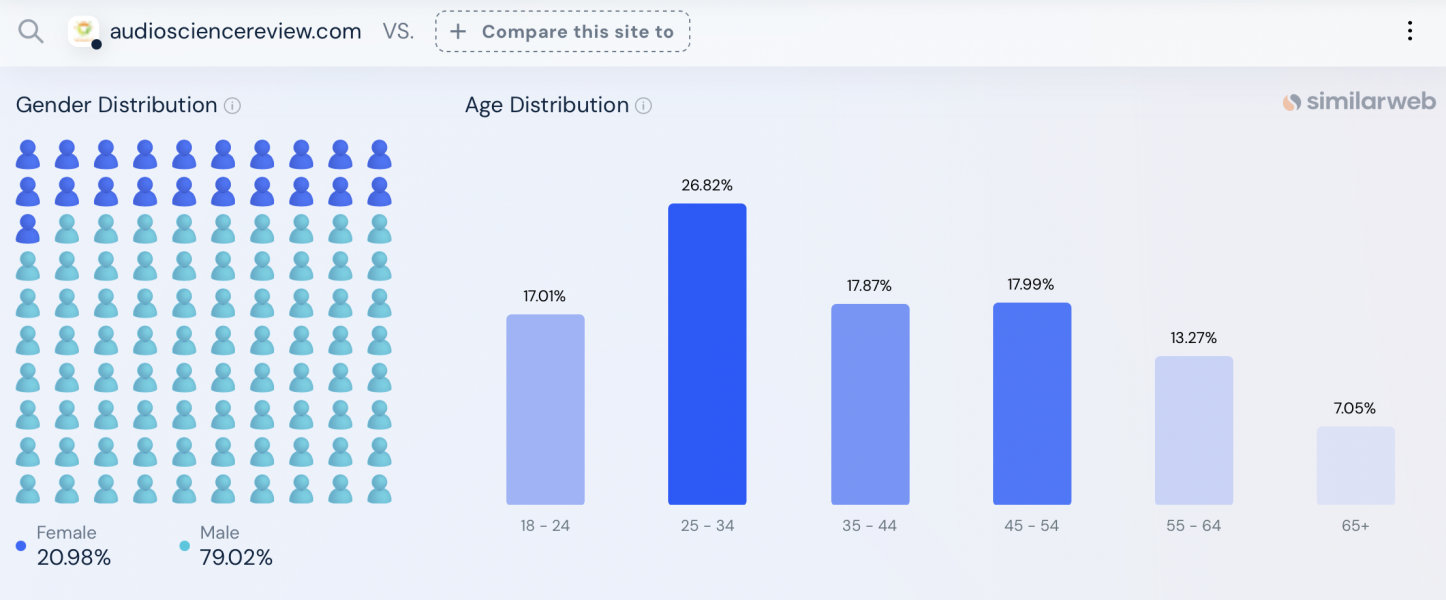I often mention macro, micro, and dynamic range.Genuine question Ked ( I try not to do too many ingenuine questions)… I noticed the other day when you were talking about sonic cues you mentioned in your list macro dynamics and I wondered why not macro and micro dynamics or just dynamics?
I do think I get essentially what you are pointing to but would you characterise inner details as being fine resolution, a rendering of timbre or sonic textures, micro dynamics or some combination of all these? I do think that these can be seen as some of the characteristic strengths that can be found in a combination of SET and horn in particular and at some varying levels in both great digital and analogue.
I just looked up the sonic cues post, where in my back and forth with Ron, I mentioned this "I value macro dynamics, in dual FLH. Dynamic range in simple crossovers, highest in crossoverless speakers." - in that part of the exchange, Ron was suggesting we choose equipment based on our cues, and I was trying to counter that we can choose different equipment based on different cues. While dual FLHs can tick all attributes, single driver crossoverless speakers like pnoe and yamamura maximise dynamic range way beyond anything else I have heard (Bill and G would tell you the same about pnoe). The distance travelled in a note is goose bumpy, after that with any crossover speaker it sounds like hitting a ceiling pretty quick.
While both have many other attributes, that was just an example highlighted for that exchange, which seemed logical at that time in an otherwise illogical discussion.













